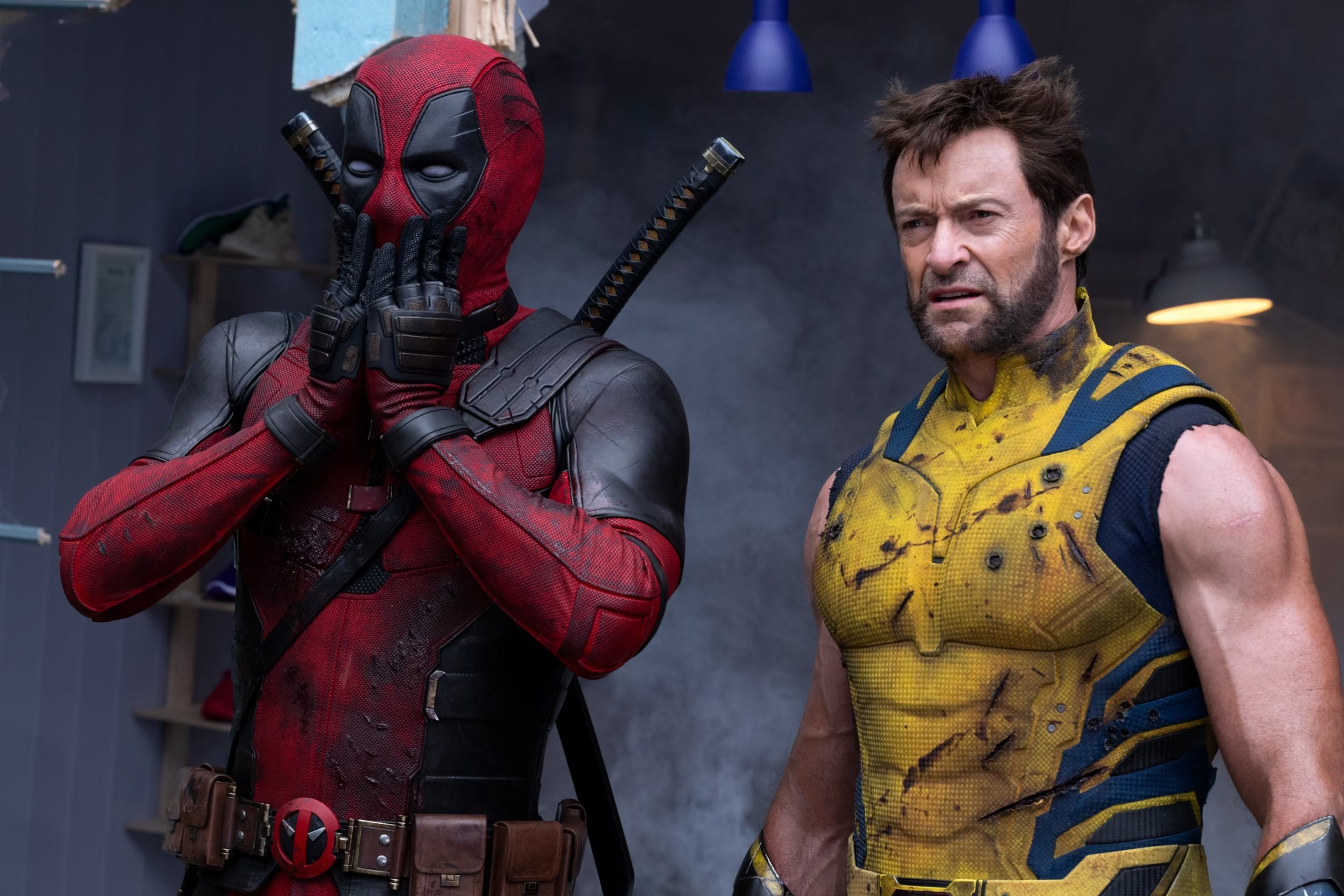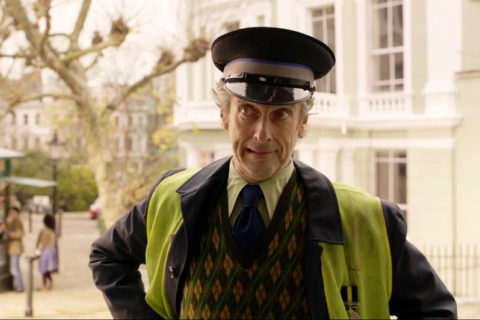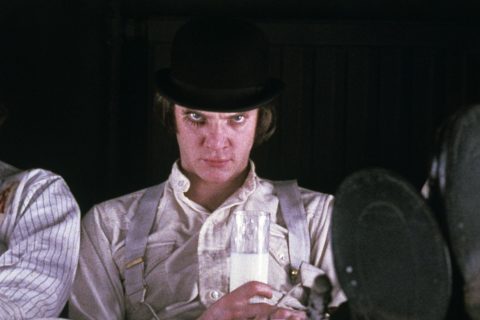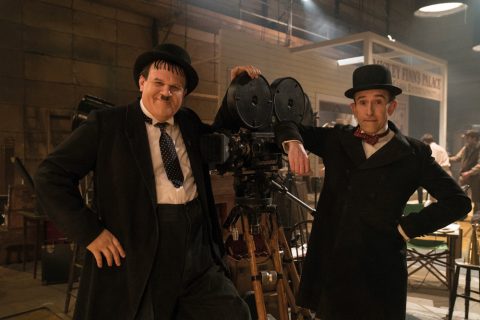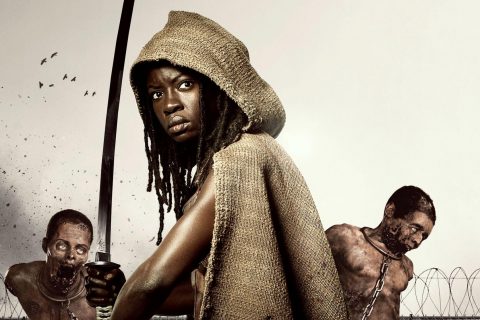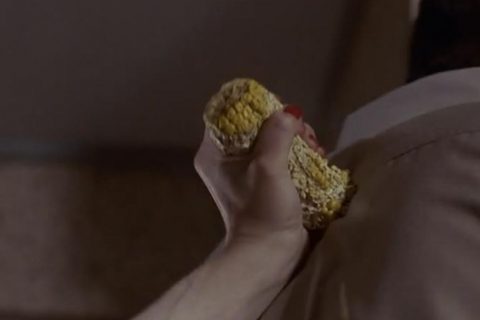Industria’s Favourite Box Office Bombs
In honour of Oppenheimer’s cinema debut we select our bombs of choice.
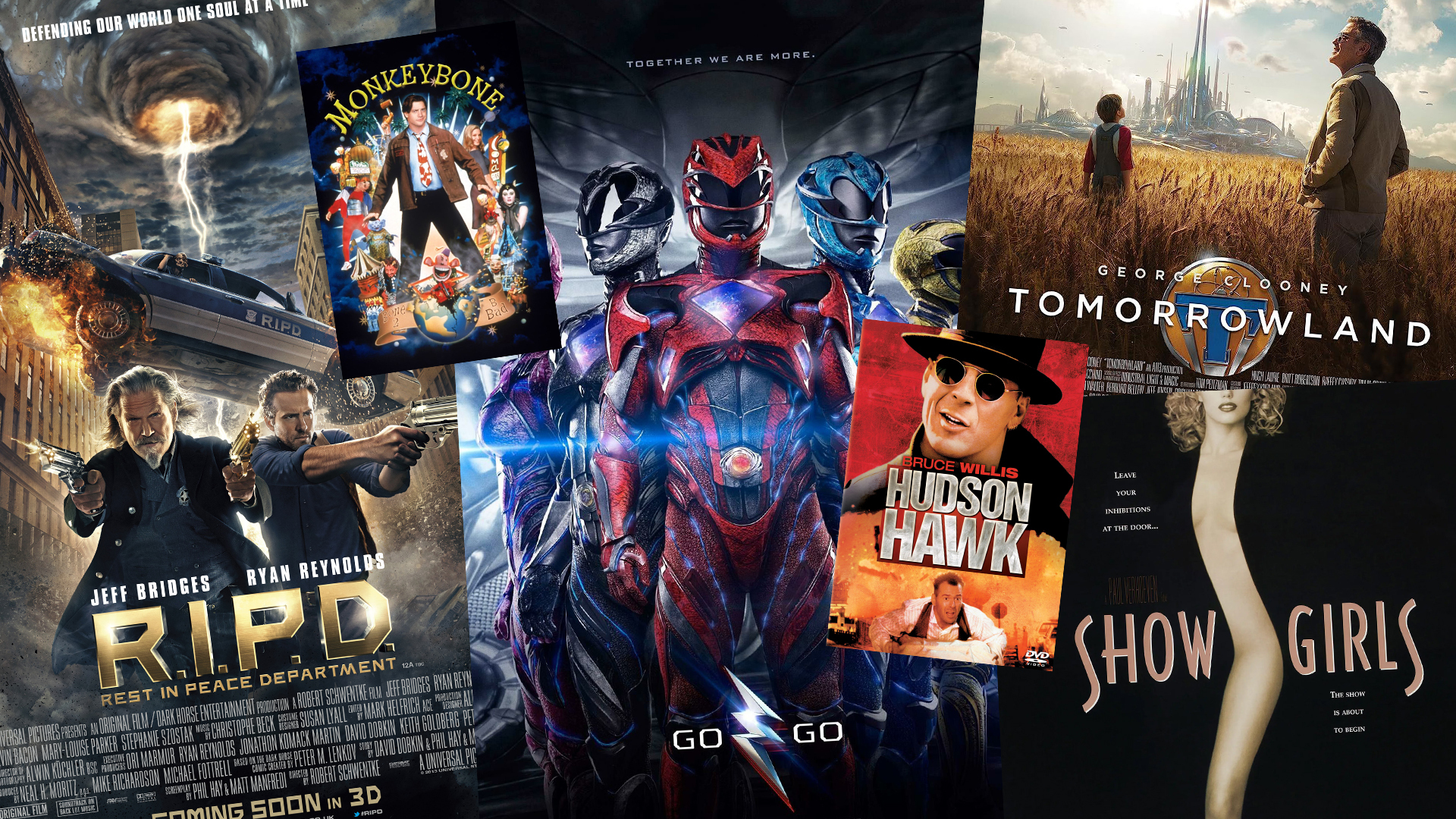
There’s something ghoulishly fascinating about films being a complete and utter bomb at the box office – that millions and millions of pounds have been sunk into the making of and marketing of what seems to be a complete turkey. But are they actually feathered and awaiting Christmas dinner? Or was it that it’s been unfairly labeled as rubbish because not that many people went to see it. Was it just released at the wrong time? Was it released the same week as another blockbuster? Did the marketing fail to connect with the intended audience? Did people just not really understand it and so went ‘Nah I won’t bother with that’? Is it because in a saturated market a piece of original IP failed to move the needle? Industria Studios have decided to reassess some of these box office failures and make a stand for our favourites…
Tomorrowland (2015)
What it made at the box office: $209 Million
Summary: Named after a futuristically styled portion of Disney theme parks, Tomorrowland follows a teenage scientist and a grizzled older inventor as they attempt to uncover an alternate, utopian world, hidden from reality.
Why it bombed: An original story in an IP dominated market, Tomorrowland was a gamble, and following Jupiter Ascending and Seventh Son, was the third major original blockbuster flop of the year – and that was only by May. Tomorrowland only just made back its production budget at the box office, with all the marketing costs of the film sinking its balance deeply into the red.
Why we like it: Tomorrowland is not a perfect film, but it has perfection within it. The film’s director is Brad Bird, whose almost flawless résumé of animated features includes Ratatouille, The Incredibles and his debut, the retro-futurist fable The Iron Giant. Bird moved into live-action filmmaking with Mission: Impossible – Ghost Protocol in 2011. His mission was light, cartoonish and elegantly staged, his animated precision a soothing balm against the shaky cam action chaos blundering away elsewhere. With Tomorrowland, Bird brought his newly acquired live action skills, and combined it with the heightened, seemingly innocent bright and elastic world of Disney. The result is a film full of spectacularly staged, luminescent, suitably rollercoaster-esque stunts, executed with clarity and peppered with mischief – a home invasion involving animatronic assassins and a rocket powered bath tub is a particularly smart thrill ride. Michael Giacchino’s score ripples with hope, nostalgia, and intrigue, flying in the slipstream of John Williams, bringing the pomp and power of Superman together with the allure and mystery of Catch Me If You Can. The script lets the side down, Bird collaborated with Damon Lindelof (Lost, Prometheus, Watchmen), a fabulous creator of ideas, with a track-record of not being able to find an ending to fit them all in, and similar issues arrive in Tomorrowland’s confusing, overstuffed third act. There is a concise, beautiful and bold film that examines the relationship between imagined futures and realities, and the power structures that inspire, build and constrain them, and it’s in here somewhere, just hidden under a bit of a mess.
Hudson Hawk (1991)
What it made at the box office: $97 million
Summary: A master cat burglar, the eponymous Hudson Hawk (Bruce Willis), is blackmailed into stealing three Leonardo Di Vinci works of art from around the world.
Why it bombed: Riding high off the success of Moonlighting and Die Hard it was thought Bruce Willis could do no wrong and appeared to be given the money to go and do whatever he wanted. For Hudson Hawk, which he co-wrote, it’s a smirking Willis off the rails in a baffling plotted “adventure” that everyone pretty much hated. Rolling Stone said: “A movie this unspeakably awful can make an audience a little crazy. You want to throw things, yell at the actors, beg them to stop. But the film drags on, digging horrible memories into the brain – like Bruce Willis and Danny Aiello’s singing”.
Why we like it: Unlike Di Vinici’s work this is clearly not a masterpiece, but there is a lot to like. Firstly its ambition, it kicks off with a prologue introducing us to Di Vinci’s great works which all hold a key to the fortune hunted down in the film’s main plot. Then there’s the out-there casting, James Coburn as a CIA agent, Sandra Berhard and Richard E. Grant as a pair of ridiculously flamboyant villains which is all brought to life by director Michael Lehmann (Heathers). Yes the film is preposterous, particularly the Looney Tunes-style action (accompanied by Tom and Jerry-esque ‘doinks’ and ‘boings’) and the fact all the bad guys are named after chocolate bars. But for us our favourite moment will always be the two cat burglars (Willis and Aiello), abandoning the idea of watches and carrying out a timed heist of Di Vinci’s horse sculpture from an art gallery by singing along to Bing Crosby’s ‘Swinging On A Star’…
R.I.P.D. (2013)
What it made at the box office: $78 million
Summary: R.I.P.D. focuses on a supernatural police department composed of dead people who try and restore cosmic balance by chasing down rogue spirits. Starring Jeff Bridges and Ryan Reynolds.
Why it bombed: The critics’ reviews are almost as lacklustre as the box office takings. They panned it for not being funny enough, not having a storyline strong enough or worthy of the calibre of Bridges and Reynolds. They also accused it of being shallow and derivative.
Why we like it: First and foremost, how a film starring both Jeff Bridges and Ryan Reynolds can ever be considered a flop or a bomb is absurd to us. Is it a bit of a Men In Black rip-off? Yes. Does it matter? No. It’s unpretentious and goofy. Bridges and Reynolds nail their buddy cop dynamic, even if it is very similar to the set-up of Tommy Lee Jones and Will Smith in M.I.B. Reynolds delivers his usual schtick of dry humour but it works against the ridiculousness of some of the ‘monster of the week’ style baddies they hunt down. Jeff Bridges is a moustachioed cowboy. The film has it all. There’s also a surprising amount of tenderness between them as the film dances between silly chase-downs and themes of grief and death. The CGI is admittedly a mess, and not even a fan can defend that, but if you want a wildly silly film that requires little to no brain power R.I.P.D. is a solid choice. Also, the title’s clever pun alone is worth a kinder result than the 12% Rotten Tomatoes score critics bestowed it.
Monkeybone (2001)
What it made at the box office: $7.6 million
Summary: Stu (Brendan Fraser) is a carefree cartoonist. When he’s involved in a freak accident, he becomes trapped in a nightmarish stop motion underworld at the mercy of his own creations.
Why it bombed: While it had some positive critical reviews, many weren’t taken with the humour and found the storyline difficult to follow. Director Henry Selick also felt the film was a victim of studio interference, which was then unceremoniously dumped in cinemas with barely any marketing.
Why we like it: It’s messy. It’s chaotic. It’s crude. This deep cut from Coraline director Henry Selick is certainly a deviation from his other work, and not just because it features so much live action instead of the animation he’s so celebrated for. But Monkeybone has a lot going for it creatively that makes it worthy of our love and reappraisal. The technical skill in combining live action with stop motion characters is astounding, and Brendan Fraser is operating at movie star legend level here, acting against stop motion puppets, inhabiting an evil alter ego, and sporting some of the most repulsive facial hair seen on the big screen. The film begins with a strong premise and revels in its grotesque monster creations. While it struggles for control over its storyline in the middle, the utterly deranged final chase scene with SNL alumnus Chris Kattan as a possessed Olympic gymnast sticks the landing.
Power Rangers (2017)
What it made at the box office: $142 million
Summary: A big-budget reimagining of the beloved first season of Mighty Morphin’ Power Rangers.
Why it bombed: In 2017, Lionsgate was desperate for another Hunger Games or Twilight-level young adult franchise after the Divergent series came to a screeching halt. Power Rangers was the result, but a combination of polarised reviews, lacklustre international promotion and a release date that came a week after Disney’s live-action take on Beauty And The Beast meant that it lost the studio over $70 million.
Why we like it: Dean Israelite’s take on the titular teenagers doesn’t lead with big explosions, blood and green screen madness… it takes its time. Admittedly, it does have those things but it makes sure that when you get there, the characters have earned their crystallised alien armour. It’s a big part of the narrative: each ranger has to open up and expose their vulnerabilities in order to morph into their super-powered selves, which leads to some great performances from each of the five leads. Although each has their own struggle, the film never feels overly serious – especially when Elizabeth Banks is chewing the scenery as space witch known as Rita Repulsa, in a performance that can only be described as camp in the best possible way. It marries the inherently silly with a realistic depiction of teenagers, creating a final product that is equal parts emotional and hilarious. (Also, Bryan Cranston plays a floating face in a wall, which is always a good time).
Showgirls (1995)
What it made at the box office: $37.8 million
Summary: Nomi Malone (Elizabeth Berkley) arrives in Las Vegas determined to make it as a showgirl and will do whatever it takes for a coveted spot in the chorus of Goddess.
Why it bombed: In the US, Showgirls became the first NC-17 rated film to receive a wide release at mainstream movie theatres but its total domestic take was $20,350,754, less than half of its $45 million budget. The film was a critical failure upon release being dubbed one of the worst films of all time. Audiences could not get their heads around seeing Saved By The Bell star Elizabeth Berkley in a controversial leading role.
Why we like it: Showgirls is spectacular, it’s expensive and you can’t look away from the eye-popping colours on the screen capturing ’90s Vegas. Is it ridiculous? Yes. Is it equally wonderful? Also yes. It’s the handshake emoji of laughing at something and loving it. As a first-time viewer, it is a lot to process watching a star of a kids’ sitcom as an exotic dancer aspiring for more, thrusting and thrashing her way to the top – but it’s called range. The minute you immerse yourself in the world of Showgirls there’s no going back. The film is packed with elaborate dance scenes via the film’s in-universe production, Goddess which features extravagant set pieces and some of the industry’s best dancers at the time. As a trained dancer herself, Berkeley has no problem meeting them at their level. The script is full of memorable quotes such as; “If it’s at The Cheetah, it’s not dancin’.”, “You do eat brown rice and vegetables, don’t you?”, “This isn’t champagne. This… is holy water!” and of course, the definitive pronunciation of ‘Versace’ aka VERSAYCE, you’ll want to try and work these into your daily life.
Over the years Showgirls has gone from flop to triumph becoming one of MGM’s highest-selling movies making over $100 million in home video and rentals, is regularly screened to sold-out audiences at cult film screenings, has been the subject of many critical re-evalation pieces such as the 2019 documentary You Don’t Nomi, and is even currently a viewing recommendation from The Criterion Collection.





